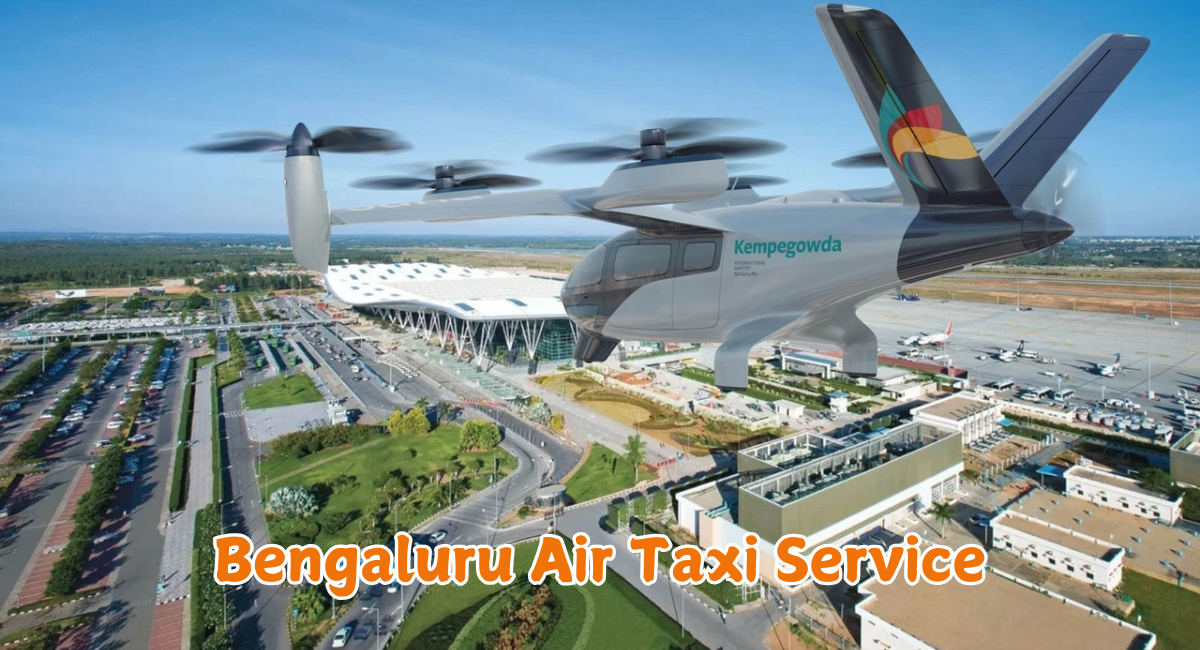
A Leap Towards the Future of Urban Mobility
The bustling city of Bengaluru, known for its traffic congestion, is on the verge of an extraordinary transformation in urban transportation with the launch of the Bengaluru Air Taxi Service. Sarla Aviation, led by CEO Adrian Schmidt, is pioneering the use of electric Vertical Take-Off and Landing (eVTOL) aircraft, drastically reducing travel time from the heart of the city to the airport. With the ability to cut a 1.5-hour commute from Indiranagar to Kempegowda International Airport (BLR) down to just five minutes, this breakthrough is set to make BLR India’s first eVTOL-friendly airport.
The Need for Technological Advancements in Urban Transportation
The rapid expansion of cities like Bengaluru has led to infrastructure challenges, particularly in transportation. Long commutes, traffic bottlenecks, and pollution are issues that urban dwellers face daily. To solve these problems, the travel and transportation industry must look beyond traditional road networks and embrace cutting-edge technology. Sarla Aviation’s eVTOLs offer a glimpse into this future, showing how the adoption of new technologies can enhance mobility and, in turn, fuel economic growth.
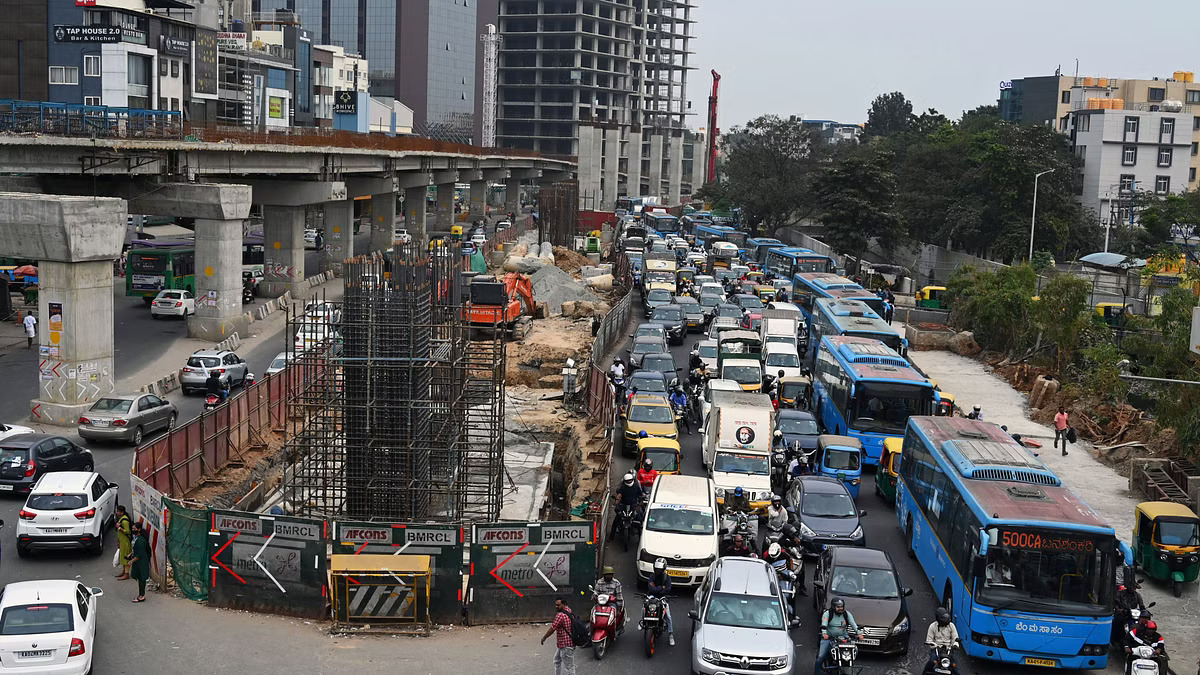
Image credits: Deccan Herald
The potential of eVTOL aircraft in urban settings is vast. Designed for inner-city trips ranging from 20 to 40 kilometers, with the ability to travel up to 160 kilometers, these electric aircraft represent an eco-friendly, time-saving solution for city dwellers. Beyond reducing travel time, their electric propulsion systems require fewer mechanical parts, translating to increased reliability and lower maintenance. This is not just a solution for urban commuters—it is a blueprint for the future of transportation.
How eVTOLs Will Revolutionize Urban Travel
Sarla Aviation’s eVTOL aircraft can carry six passengers and a pilot, reaching speeds of up to 250 km/h. One of their key advantages is the ability to recharge in just 15 minutes between trips, enabling a seamless flow of urban air taxis. The concept of air taxis itself is revolutionary, offering quick, efficient, and eco-friendly alternatives to road travel, which is often plagued by delays and inefficiencies.
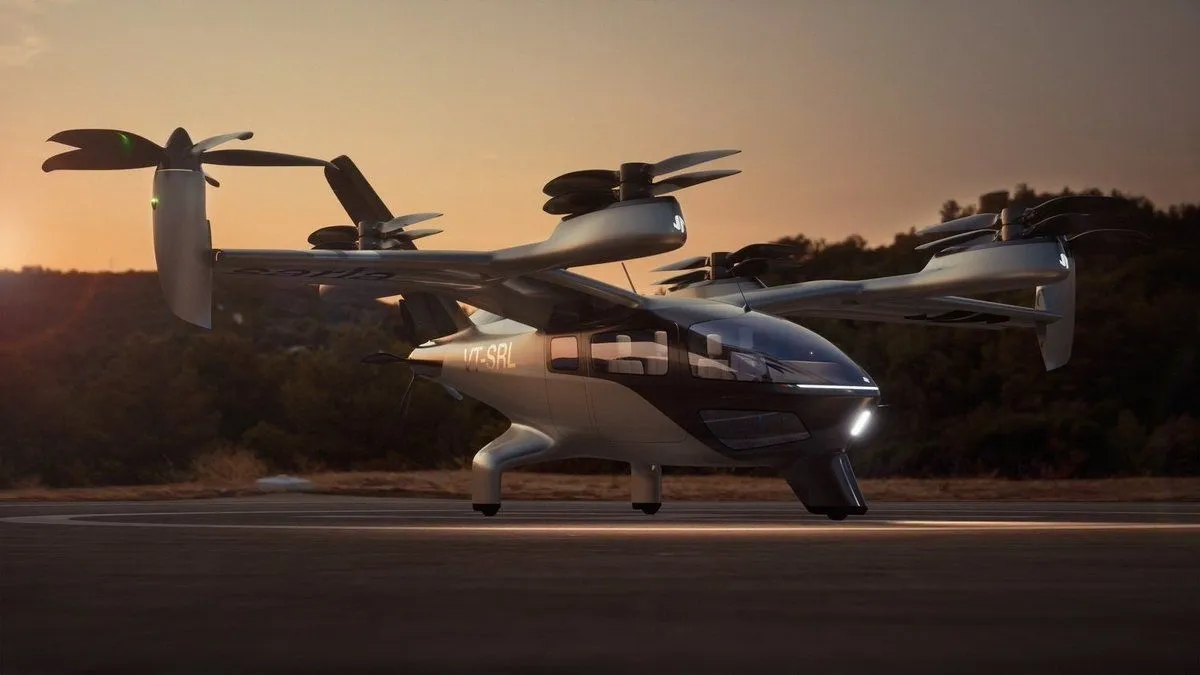
Image credits: botsanddrones.in
This new mode of transportation is not limited to passenger services. Sarla Aviation envisions the use of eVTOLs for various industries, including cargo deliveries and emergency medical services, opening new avenues for urban air mobility. Partnering with India’s Civil Aviation Ministry and the Directorate General of Civil Aviation (DGCA), Sarla Aviation is helping to shape the regulatory framework that will support this transformative industry.
Opening New Avenues for the Travel Industry
The adoption of eVTOL technology not only addresses urban mobility challenges but also presents incredible growth opportunities for the travel industry. Imagine seamless air taxi services that connect busy city centers to airports in minutes or the ability to deliver cargo across sprawling urban landscapes swiftly. The travel industry can evolve to meet the demands of a rapidly growing urban population, cutting down on the environmental impact of traditional ground vehicles and reducing stress on road infrastructure.
Startups, in particular, have an opportunity to seize this moment and develop innovative services based on eVTOL technology. Here are a few ideas that startups can explore:
1. Urban Air Taxi Services:
Developing an app-based service that allows users to book air taxis, similar to existing ride-hailing platforms like Uber, but with eVTOL aircraft for faster and greener commutes.
2. Air Cargo Logistics:
Establishing a network for cargo deliveries using eVTOL aircraft to transport goods across urban centers quickly. This could be particularly valuable for time-sensitive deliveries, such as medical supplies or perishable goods.
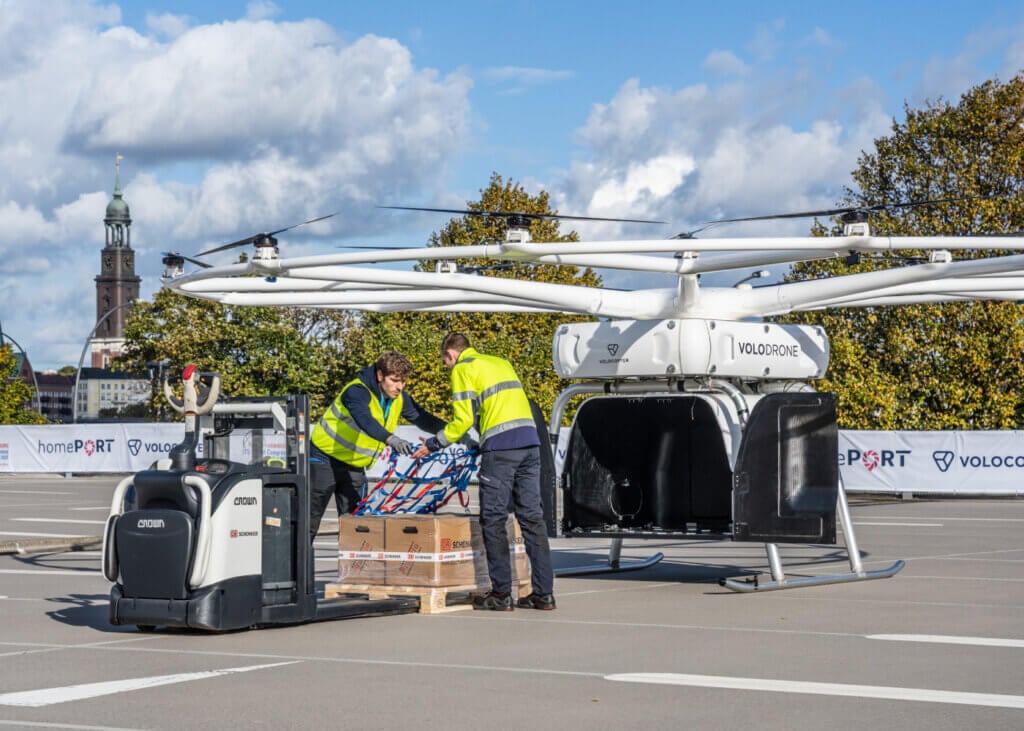
Image credits: Vertical Magazine
3. Emergency Response Services:
eVTOLs could revolutionize emergency services by offering rapid transportation for medical emergencies, disaster relief, or even organ transplants. Startups could focus on integrating eVTOLs into existing healthcare and emergency response systems.
4. Tourism and Sightseeing:
Offering tourists the chance to see cities from a new perspective, eVTOL sightseeing tours could become a niche industry, especially in areas where road travel is slow and traffic is dense.
5. Infrastructure Support and Maintenance:
Startups could also support the development of eVTOL infrastructure, such as creating vertiports (dedicated landing zones for eVTOLs), maintenance services, or software platforms that manage airspace and coordinate flights efficiently.
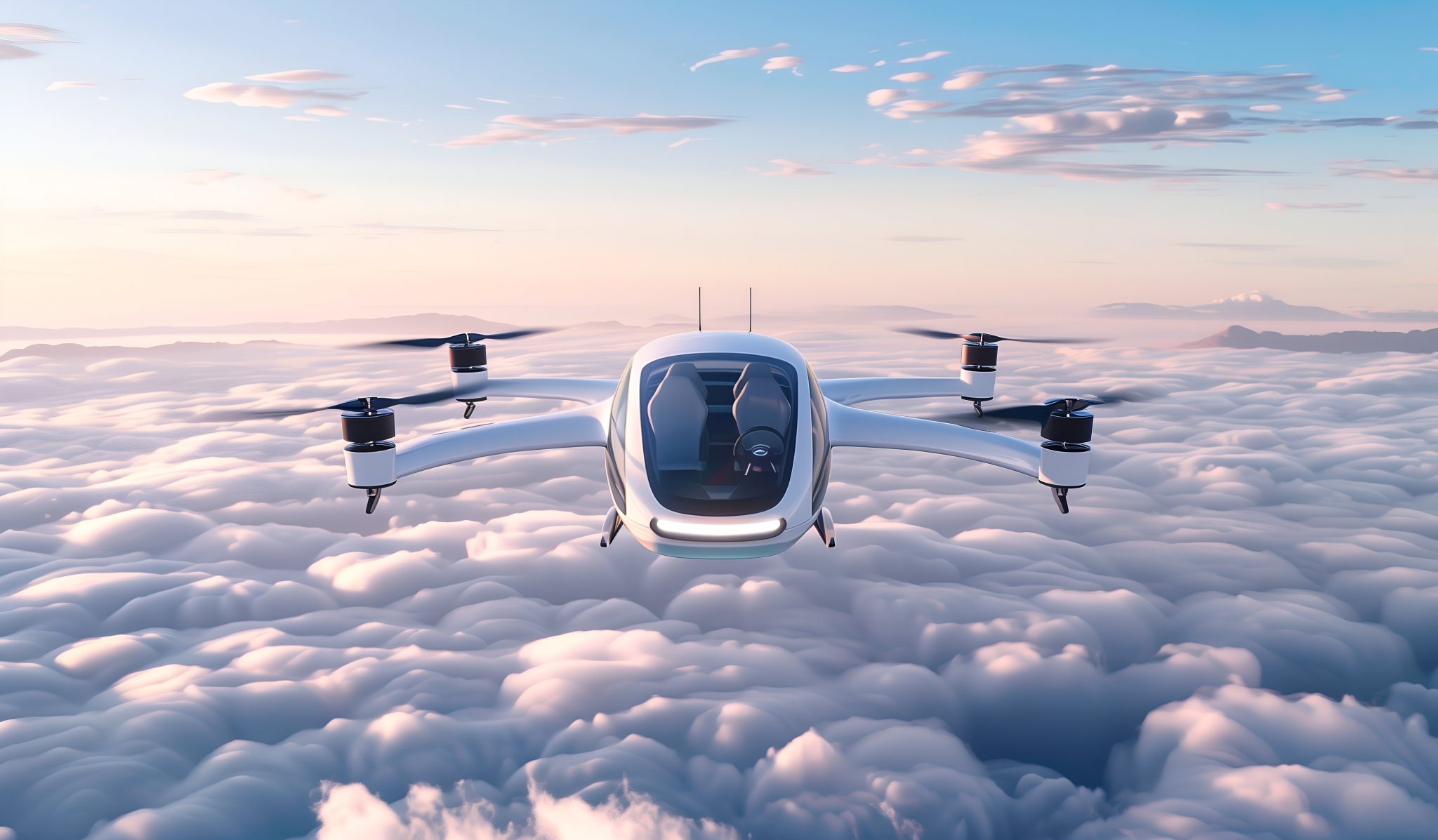
The introduction of eVTOL aircraft by Sarla Aviation represents a transformative leap for urban transportation, especially in cities like Bengaluru where traffic congestion is a significant challenge.
Beyond the immediate benefits of reducing commute times, eVTOLs have the potential to reshape entire industries, from cargo logistics to emergency services. This technology paves the way for a more efficient, sustainable, and innovative future for urban mobility.
As we look ahead, startups and businesses must seize the opportunity to build upon this new foundation, exploring creative solutions and expanding the applications of eVTOL technology. The sky is no longer the limit, but the beginning of a new era in transportation.
IS360 Can be Reached at
Sharing is caring!

